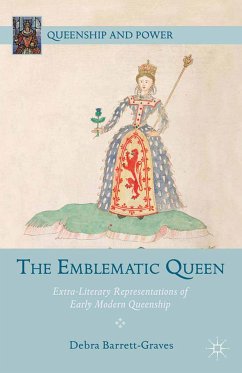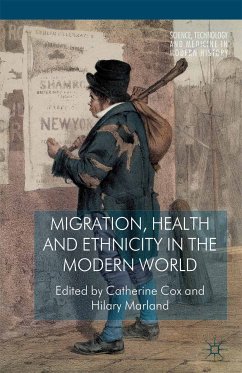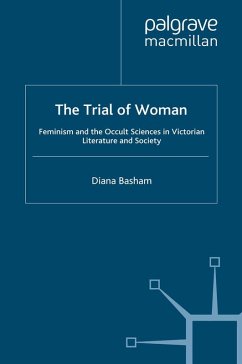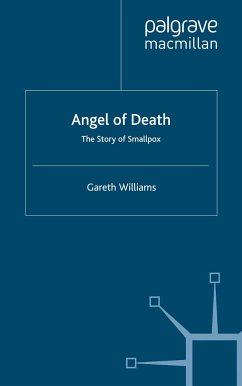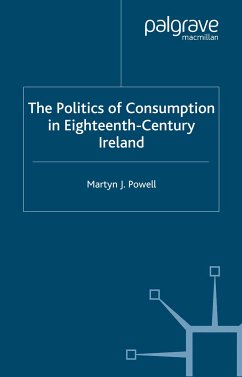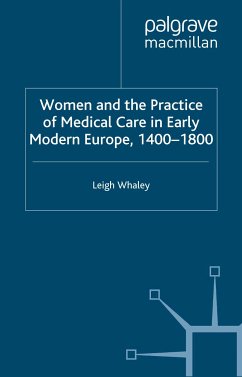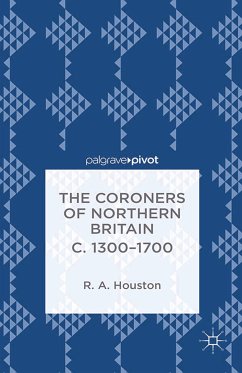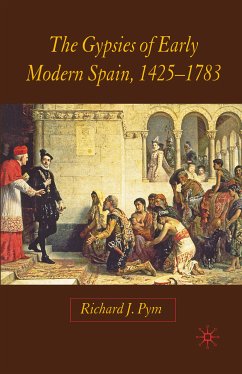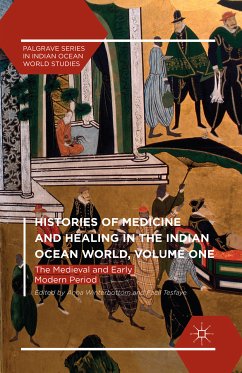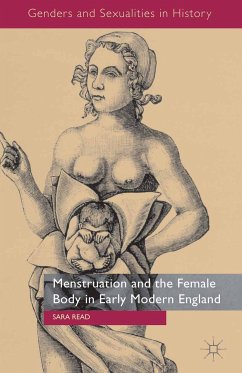
Menstruation and the Female Body in Early Modern England (eBook, PDF)
Versandkostenfrei!
Sofort per Download lieferbar
104,95 €
inkl. MwSt.
Weitere Ausgaben:

PAYBACK Punkte
52 °P sammeln!
In early modern English medicine, the balance of fluids in the body was seen as key to health. Menstruation was widely believed to regulate blood levels in the body and so was extensively discussed in medical texts. Sara Read examines all forms of literature, from plays and poems, to life-writing, and compares these texts with the medical theories.
Dieser Download kann aus rechtlichen Gründen nur mit Rechnungsadresse in A, B, BG, CY, CZ, D, DK, EW, E, FIN, F, GR, HR, H, IRL, I, LT, L, LR, M, NL, PL, P, R, S, SLO, SK ausgeliefert werden.




